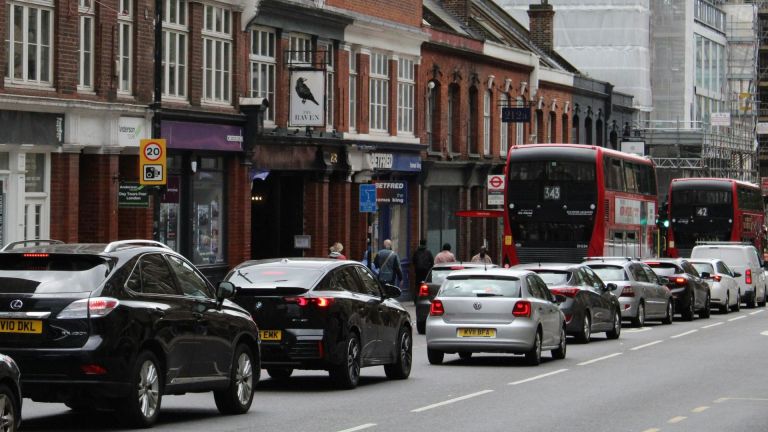For various reasons, marginalised people like myself and vulnerable asylum seekers arriving by boat to UK shores are rarely heard from. Nevertheless, we have a lot to say to you. The UK government’s proposed Nationality and Borders Bill is politically expedient, not principled.
I attempt to put myself in the shoes of those desperate asylum seekers who put their life on the line knowing they may not make it to their destination. Unfortunately, while you as a reader, and I as a writer, and those policymakers in parliament all have our safe places and the option to choose sides, the sea does not. The sea does not care where you come from or who you are; the sea does not discriminate; and the sea can kill, particularly those in those fragile boats.
These asylum seekers are heroes fleeing persecution, oppressive governments, and, in many cases, wars in search of protection, security, and a better life. But if the current bill is passed, they will become criminals the moment they arrive in the UK.
Arriving in the United Kingdom by sea is not already a crime, but it will be if the law is passed. It is important to remember that the right to seek asylum is not contingent on the means of arrival. The bill is predicated on a two-tiered discriminatory approach to asylum, distinguishing between those who arrive legally, such as through resettlement and family reunion visas, and those who arrive irregularly. Access to asylum and protection in the UK would undoubtedly become significantly more difficult for those individuals.
https://twitter.com/Wnicholasgomes/status/1427914381057212416
The Nationality and Borders Bill proposes creating a substandard ‘temporary protection status’ based on an individual’s circumstances of entry into the UK. It creates a category of refugees who are denied the full range of rights provided by the 1951 Convention, including the right to family life and prospects for integration.










